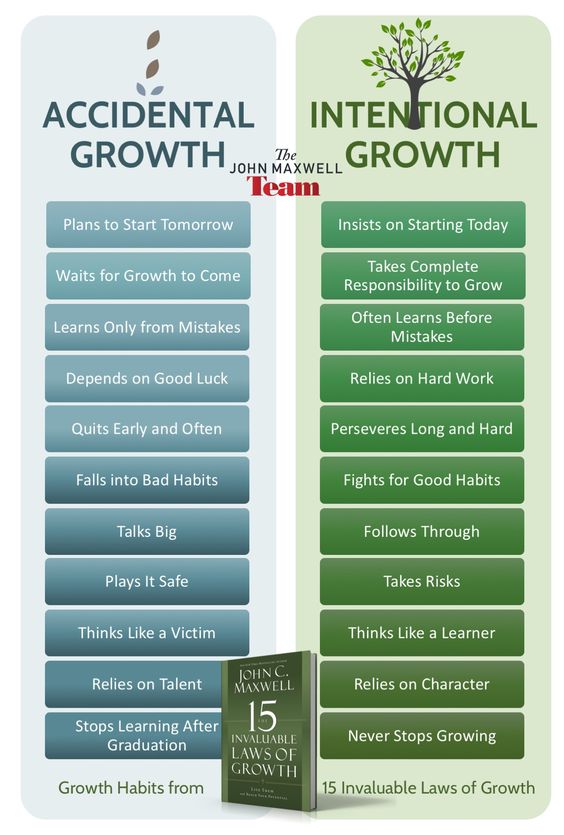
 Studying abroad is more than just an academic pursuit; it’s a transformative journey that fosters personal growth, resilience, and self-reliance. Navigating life in a new country challenges students to step outside their comfort zones, adapt to unfamiliar environments, and embrace new experiences. In this article, we will reflect on the intangible benefits of studying abroad, including the development of personal resilience and independence.
Studying abroad is more than just an academic pursuit; it’s a transformative journey that fosters personal growth, resilience, and self-reliance. Navigating life in a new country challenges students to step outside their comfort zones, adapt to unfamiliar environments, and embrace new experiences. In this article, we will reflect on the intangible benefits of studying abroad, including the development of personal resilience and independence.
Cultural Adaptability:
One of the most significant benefits of studying abroad is the opportunity to develop cultural adaptability and flexibility. Living in a foreign country exposes students to different customs, traditions, and social norms, requiring them to navigate cultural differences and communicate effectively across cultural boundaries. By immersing themselves in a new cultural environment, students learn to appreciate diversity, respect differences, and adapt their behaviors and perspectives to fit into their host culture.
Self-Discovery and Identity Formation:
Studying abroad offers students a chance for self-discovery and identity formation as they navigate new experiences and challenges away from familiar support networks. Living independently in a foreign country encourages students to reflect on their values, beliefs, and goals, leading to personal growth and self-awareness. Through exposure to diverse cultures and perspectives, students gain a deeper understanding of themselves and their place in the world, fostering a sense of identity and belonging that transcends borders.
Resilience and Adaptability:
Navigating life in a new country requires resilience, adaptability, and problem-solving skills as students encounter unexpected challenges and obstacles. From language barriers and cultural misunderstandings to homesickness and academic pressures, students learn to overcome adversity, bounce back from setbacks, and persevere in the face of uncertainty. The process of adapting to new environments builds resilience and confidence, equipping students with the skills and mindset to thrive in diverse and dynamic situations.
Independence and Self-Reliance:
Studying abroad promotes independence and self-reliance as students take on new responsibilities and make decisions autonomously. From managing finances and navigating public transportation to finding accommodation and building social networks, students learn to rely on themselves and take ownership of their experiences abroad. The freedom and autonomy afforded by studying abroad encourage students to step outside their comfort zones, explore their interests, and pursue their passions with confidence and conviction.
Global Citizenship and Empathy:
Living and studying in a foreign country fosters a sense of global citizenship and empathy as students engage with people from diverse backgrounds and cultures. By building relationships with peers, educators, and community members from around the world, students develop empathy, compassion, and intercultural understanding. These cross-cultural connections promote empathy and solidarity, inspiring students to become active participants in addressing global challenges and promoting social justice and equality.
In conclusion, studying abroad offers invaluable opportunities for personal growth, resilience, and self-reliance as students navigate life in a new country. By embracing cultural differences, overcoming challenges, and embracing new experiences, students develop cultural adaptability, self-discovery, resilience, independence, and empathy that enrich their lives and shape their identities long after they return home.